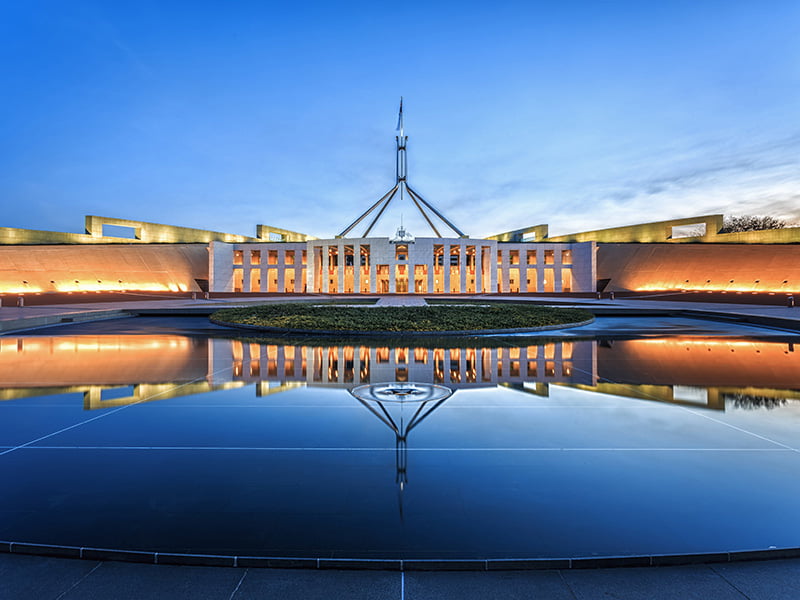The value of amendments to existing government contracts skyrocketed to $28 billion last year, a seven-fold increase over the decade, according to new analysis of AusTender data.
The use of amendments, along with a growing reliance on single supplier panels, will add to the latest scrutiny of government buying.
The Australian National Audit Office on Thursday published a report looking at nearly one million government tenders from the last decade, worth a combined $565 billion.
The report shows the contracts initially reported by agencies often aren’t good indications of the final bill, with one-third of contract values ultimately being committed through amendments.

When contracts are amended it is typically a significant amount and can push the contract past the threshold that would have initially required more competitive approaches to market.
External audits have warned some agencies might use an amendment to extend or vary contracts for the convenience of entities and officials — sometimes termed ‘leveraging’ an existing contract — rather than an effort to get the best results for the Australian community.
The use of contract amendments has leapt over the decade from just $4 billion in 2012-13 through 18,747 amendments to $28 billion last year from 26,651 amendments.
A single contract for outsourced IT services at the Department of Agriculture, Fisheries and Forestry has been amended 235 times over 15 years. It remains active in 2023 at a value of more than $500 million after beginning at $96 million.
The ANAO report also highlights the use of panel arrangements and a potential issue in how contracts are being reported.
Even if a panel arrangement has only a single supplier – like the whole of government technology buying arrangements – it is reported as an open tender procurement.
“There were 1,418 standing offers that were reported to be panel arrangements, of which 336 had one supplier listed on the panel,” the ANAO report said.
“There were 5,155 contracts with a committed value of $8.8 billion that were associated with these single-supplier panel arrangements.”
Even when there are multiple suppliers in a panel arrangement, the contracts typically go to a small group of companies.
“Seven of the top 10 panel arrangements by total committed value over the last 10 years had at least 80 per cent of the total value committed to 20 per cent or less of the suppliers represented on the panel,” the ANAO said.
While the latest ANAO report does not offer an opinion or any conclusions, the watchdog has been pushing for a rethink of the rules around Commonwealth procurement after finding serious problems in recent audits of agencies.
The ANAO has asked the Parliament’s current procurement inquiry to consider whether Commonwealth Procurement Rules remain “fit for purpose”, and has drawn the inquiry’s attention to both increasing amendments and the panel arrangement.
The Albanese government changed the procurement rules in July to require government buyers to approach multiple suppliers.
Do you know more? Contact James Riley via Email.

